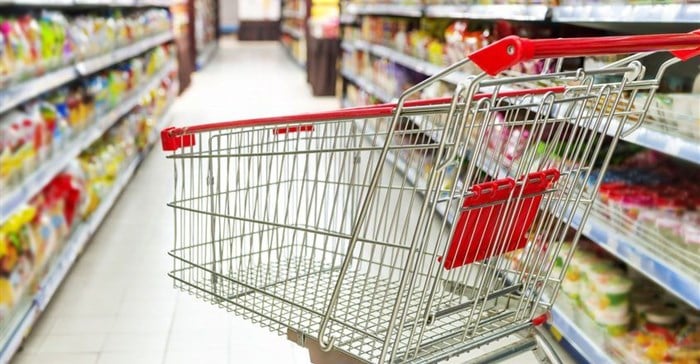
The council did however voice its concern that a tax rebate on diesel use has not been extended to the retail and pharmaceutical sector, which is currently spending billions of rands on backup generators during load shedding to ensure a stable supply of food and medicines.
Overall though, CGCSA said there were some positive announcements that will "benefit the consumer goods sector in particular and the economy in general".
The council particularly welcomed the minister's announcement that the health promotion levy will remain unchanged for the next two years to enable the sugar industry to diversify or restructure.
"The CGCSA considers this to be a monumental achievement, given that discussions are currently underway with government and other stakeholders tasked with the responsibility of determining the health benefits of the HPL, including the commissioning by the Presidency, of the socio-economic impact study. The two-year period we believe will also give the industry the opportunity to look at whether the levy is the most effective way to address concerns about obesity, non-communicable diseases and/or other health concerns," CGCSA said.
To limit the impact of the energy crisis on food prices, government decided to extend a diesel fuel levy refund to manufacturers of foodstuffs for a period of two years, effective from 1 April 2023 to 31 March 2025. CGCSA welcomed this extension to food manufacturers, but said that the rebate should also be extended to the retail and pharmaceutical sector which is incurring additional diesel costs to run generators during load shedding.
"The retail and pharmaceutical sector is at the community level and ensuring access to food and medicines at exorbitant cost due to power outbreaks. Furthermore, we are disappointed on the missed opportunity by the minister to provide relief for whole food and medicine value chain through general fuel levy rebates. The association will engage with National Treasury to understand their rationale of not including the retailer and pharmaceutical sector," the council said.
It added that tax measures to encourage businesses and individuals to invest in renewable energy and increase electricity generation will encourage investment in additional energy supplies and ease the burden on the national grid.
"CGCSA is concerned that the economy, which is already struggling to grow, cannot endure the intensity and frequency of load shedding which is disrupting business operations, increasing running costs through diesel usage and putting at risk the very businesses that the government expects to create employment and food security.
"In this regard, the decision by the government to take over a significant portion of Eskom’s debt is a move in the right direction towards resolving the structural, financial and operational challenges the power utility is facing. Longer-term solutions are however needed to improve and restore the security of energy supplies," it said.
During the Budget Speech the minister said that to combat illicit trade, Sars has taken "several steps" to enhance its effectiveness in combating illicit trade, particularly in tobacco. He reported that Sars completed 2,316 seizures of cigarettes and tobacco products to the value of R598.8m. An additional R18bn worth of schedules and assessments have been raised, targeting syndicated tobacco-related crimes.
Furthermore, the minister said Sars has collected more than R1.2bn in revenue and handed over 92 cases for criminal proceedings with the NPA of which two resulted in successful convictions relating to tobacco smuggling syndicates.
CGCSA said these achievements reflected the impact of the multi-stakeholder approach which also involves the CGCSA’s Crime Risk Initiative to combat illicit trade. The council said it has and continues to share information received through its hotline with law enforcement agencies for further investigation and relevant action.